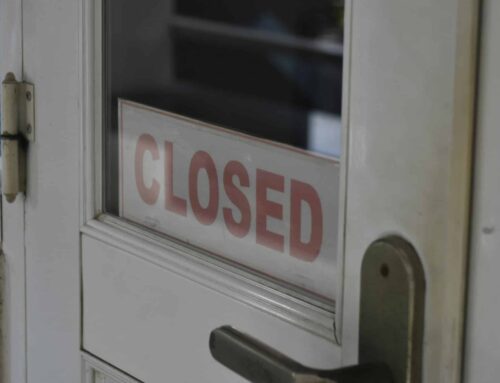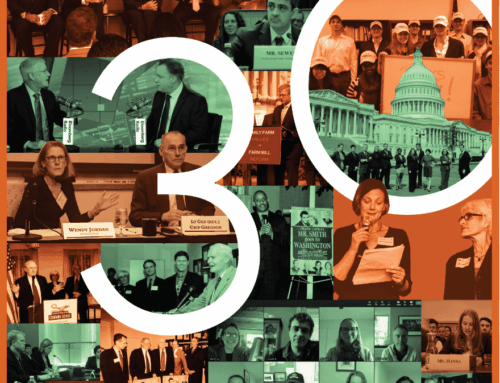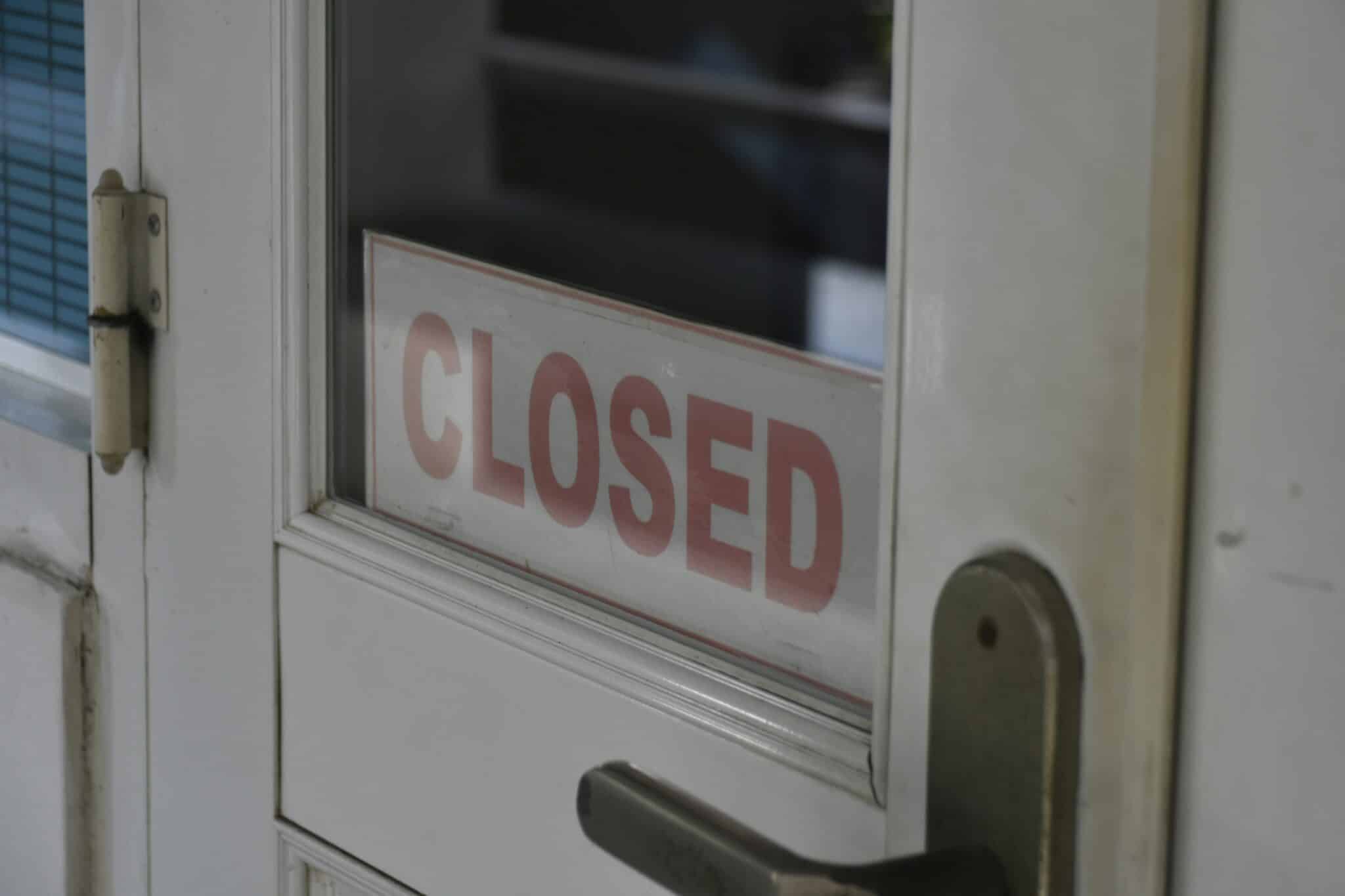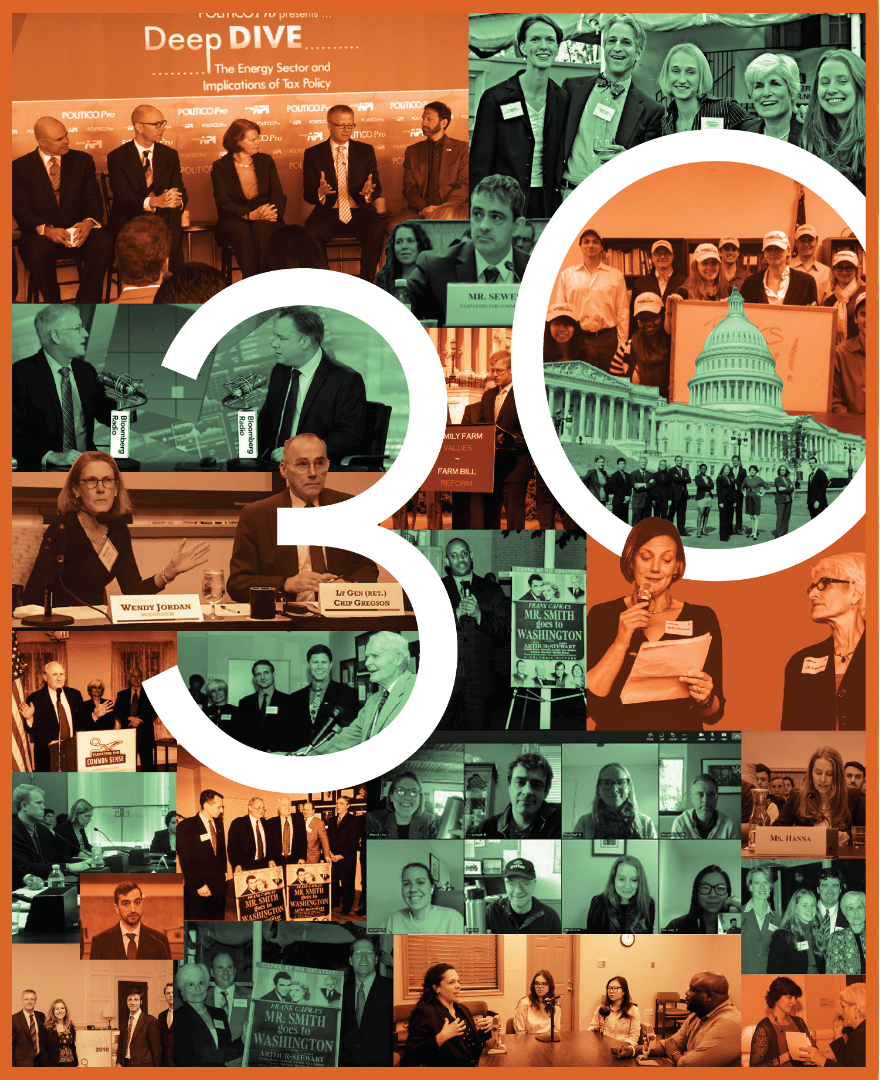On March 3, 2011 Taxpayers for Common Sense President Ryan Alexander testified at a House Committee on Oversight and Government reform hearing entitled “Waste and Abuse: The Refuse of the Federal Spending Binge II: How U.S. Taxpayers are Paying Double for Failing Government Programs.”
The panel also included Gene Dodaro, Comptroller General of the U.S., U.S. Government Accountability Office, and Thomas Davis III, Director of Federal Government Affairs at Deloitte & Touche LLP.
Relevant documents and testimony can be found below along with the video webcast.
Testimony:
Ryan Alexander, Taxpayers for Common Sense
Gene Dodaro, U.S. Government Accountability Office
Thomas Davis III, Deloitte & Touche LLP
Relevant Documents:
GAO Report (March 1, 2011): Opportunities to Reduce Potential Duplication in Government Programs, Save Tax Dollars, and Enhance Revenue
Testimony of Ryan Alexander
President, Taxpayers for Common Sense
House Oversight and Government Reform Committee
hearing on
“Refuse of the Federal Spending Binge II: How U.S. Taxpayers are Paying Double for Failing Government Programs”
March 3, 2011
Good morning, Chairman Issa, Ranking Member Cummings, members of the Committee. Thank you for inviting me here to testify. My name is Ryan Alexander and I am President of Taxpayers for Common Sense, a national non-partisan budget watchdog.
Our mission at Taxpayers for Common Sense (TCS) is to achieve a government that spends taxpayer dollars responsibly and operates within its means. All of our work reflects our core belief that no one, no matter where they fall on the political spectrum, wants to see their money wasted. To that end, TCS has worked with the left and the right to achieve victories on stopping the “Bridge to Nowhere,” getting the earmark moratorium enacted, cutting funding for an alternate engine for the Joint Strike Fighter, and creating an Inspector General for the Iraq war.
We have testified before this committee several times with proven results for American taxpayers. We testified on cost overruns and problems with the F-22 Raptor and that program was stopped; when Mr. Davis was on the dais, we testified on crop insurance waste, prompting the Agriculture Committee to take action. And working with you, Chairman Issa, we testified on Army Corps of Engineers issues and worked with the committee regarding lost royalty revenues from off-shore oil and gas leases, both of which are in the Government Accountability Office (GAO) report we are discussing today. In addition to my written testimony, I would like to enter for the record our two recent reports detailing recommended budget cuts.
In our more than 15 year history, TCS has worked on many of the programs and issues highlighted in the GAO report. We hope the increased scrutiny generated by this report, the current political will to tame the deficit, and the good work of this committee will lead to meaningful and overdue reform or elimination of many of these programs. Obviously, there is too much in this voluminous report to tackle in five minutes or even 50 minutes, so I will highlight a few of the issues.
Duplicative programs
Across government, GAO found examples of duplication. Reforms to the acquisition process government-wide could yield significant savings. This is particularly true in the Pentagon, where the risks of duplication across services are high. Efforts to acquire weapons systems like tactical wheeled vehicles should be coordinated across services. Encouraging competition and interagency contracting can help drive down costs – by as much as $500 billion by GAO’s estimate. Or coordinating between DOD and Veterans Affairs electronic health record systems and working together to control costs in areas such as drug purchasing.
Real property management by GSA has enormous possible savings, both from disposing of billions of dollars worth of unnecessary federal property, better vehicle fleet management, and better cost analysis of purchasing and leasing decisions.
Oil and Gas Royalties
In addition to opportunities to reduce spending, the GAO report highlighted important ways to enhance revenue, another critical element to reducing our deficit. Giveaways to the oil and gas industry through the royalty management and collection system have been highlighted by the GAO numerous times and added to their high risk list this year.
Chairman Issa, you know this all too well from your hard work on the problems resulting from the royalty “relief” provided in the mid-1990s to oil and gas companies operating in the Gulf of Mexico. The problems stemming from the Deep Water Royalty Relief Act, including a portfolio of leaseholders that pay no royalties at all for oil and gas extracted from federal waters, will cost taxpayers up to $53 billion in the next 25 years.
Tax Expenditures
The GAO report notes that almost $1 trillion in federal revenue was forgone in fiscal year 2009 due to tax expenditures – what the Simpson-Bowles Commission called tax earmarks. The 173 tax expenditures are similar to spending programs and can be the same magnitude or larger than related federal spending for some mission areas except without the oversight. We believe this is an area where this Committee could play a critical role in increasing accountability, examining effectiveness, and saving taxpayer dollars.
In its recent report, GAO says, “reductions in revenue losses from eliminating ineffective or redundant tax expenditures could be substantial … tax expenditure performance is an area that would benefit from enhanced congressional scrutiny as Congress considers ways to address the nation’s long-term fiscal imbalance.”
Last year, for example, GAO recommended that Congress “modify the Research Tax Credit to reduce windfalls to taxpayers for research spending they would have done anyway” and this report suggests changes to the New Markets tax credit as well as reviewing the tax exempt status of government bonds. Evaluating these tax expenditures for effectiveness and value and eliminating the largest corporate tax loopholes would pave the way for simplifying the corporate tax structure, lowering overall rates, and establishing an important level of certainty for the business community. Other tax expenditures such as the mortgage interest deduction or deduction for state sales tax should also be considered.
Ethanol Subsidies
Reforming federal activities related to corn ethanol would be a double whammy – eliminating redundant programs and enhancing revenue in one fell swoop. The use of ethanol is mandated, it is protected from foreign competition, and it is subsidized. Any one of these redundant and market distorting policy options might be proposed to help an emerging industry. It is indefensible that the mature corn ethanol industry continues to benefit from the decades old refundable tax credit to blend ethanol– at a cost to taxpayers of more than $5 billion per year.
Conclusion
Clearly, the GAO has given Congress much to think about. Eliminating duplication and waste in government and responsibly enhancing revenue are the critical first steps to addressing our $1.65 trillion budget deficit.











